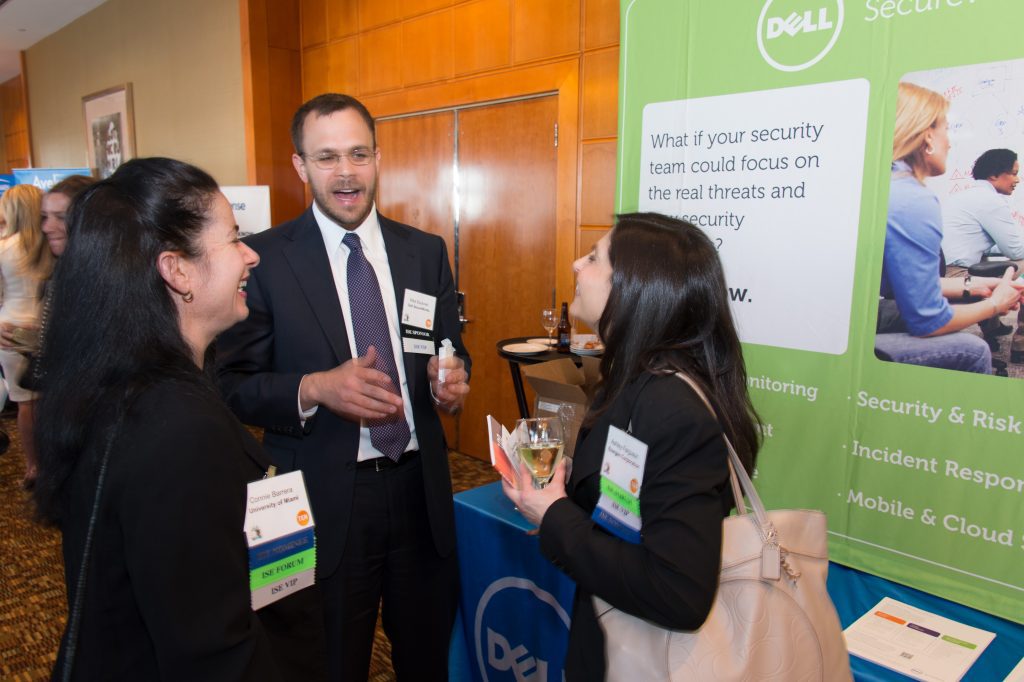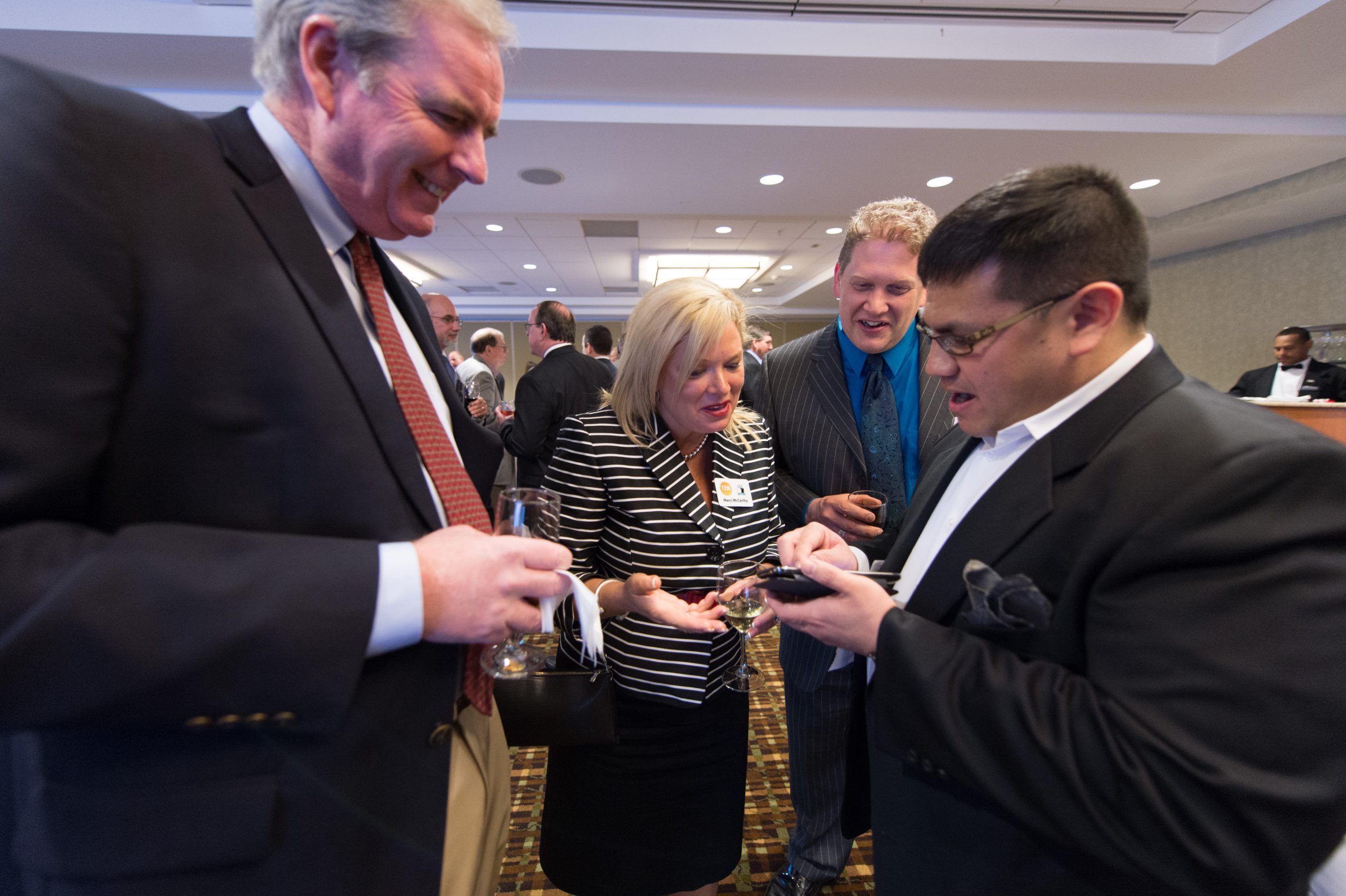No matter if you are using a phone or meeting someone in person who you do not know, you are “Cold Calling.” If you play it right, this could be a “Warm Welcome.”
COLD CALLING is the sales process of approaching prospective customers or clients—typically via telephone, by email or through making a connection on a social network—who were not expecting such an interaction. The word “cold” is used because the person receiving the call is not expecting a call or has not specifically asked to be contacted by a sales person. A cold call is usually the start of a sales process generally known as telemarketing.

WARM WELCOME is a hearty, hospitable reception or greeting, as in We got a very warm welcome when we finally arrived.
My friend and I have met with a few photographers struggling these days. Today we had lunch with another newspaper photographer who lost their job. Sadly this is happening a lot these days.
First, this feels like crap for anyone going through this, and I have been through it two times. From the get-go, we wanted to let the person know that this has nothing to do with their skills but was most likely a numbers game. When that happens, you often will see some folks who kept their jobs while you lost yours, and it is hard to see the logic.
The great thing about these photographers is they are taking their time to asses their situation. They are also not sitting still either. This photographer had already created categories he will put on his website later. Personally, this photographer’s work was excellent. I wish I had all those images in my portfolio.

The photographer had some names of folks he was going to call. The plan is excellent that he had a portfolio just moments from being on his website and had some contacts already.
My friend and I had about 70 years of experience. However, this tip we shared with him didn’t exist for us until later in our careers.
What to avoid
The surest way to hit a dead end with a potential client is to ask them questions that are simple “Yes” or “No” answers.
Do you have any photography jobs that I can do? The answer is “Yes” or “No.”
What to do
Ask open-ended questions, more about the person and less about you and your photography. For example, someone just laid off can call someone and ask if they would meet with them. They explain that they were just laid off and would like to pick their brain.
Ask questions from your experience. If you could go back and start over, what would you recommend to someone like me? People like being asked for their expertise and will most likely talk to you.
Asking them for guidance and suggestions creates a sense of you seeking advice which is much different than asking for a job.
Some of the best folks to talk to are those who also went through a layoff. Surprisingly you will find many folks have been through this before. Most have a great deal of empathy and will offer some words of their wisdom.
Ask them before you leave if there is someone else that they recommend you talk to that could help them. Also, ask if they tell the new person that they referred them; most of the time, they will, which will help you get that next appointment.
Asking someone to look through your work and recommend how they might arrange it is a great way to get your work seen and keep the dialogue open with them.
You are starting a relationship.
It is much easier to follow up with them and say you listened to them and took their advice. You have done some things, and I wanted to review the changes you have made with you. Again, no need to ask for work.
The best advice I could ever give here is a simple observation. Those who are genuinely interested in building lasting relationships with people and not just using them are the ones who are the most successful in life.
If you ask for all this advice and never follow up to show the person how you listened and would like them to see what you have done, they know you were there only for a job and not a relationship.
Tom Kennedy, the director of photography at the time for National Geographic, had Don Rutledge, my mentor, contact him and ask to take him to lunch. Don continued to stop by every few months and enjoy lunch with Tom. Tom would also do the same thing with Don after a while.
One day Tom asked Don why Don had never asked for work from Tom. Tom then said that Don was the only photographer he had ever met that ever done this. Tom discovered that Don was genuinely interested in just having a friend.
Many people through the years had done the same to Don that photographers had done with Tom. They were not interested in a friendship; they just wanted a job.
My long-term goal for my career is to one day work with my friends. Guess what–that day is now for me. The reason is I did want a relationship with people and not just their money.

